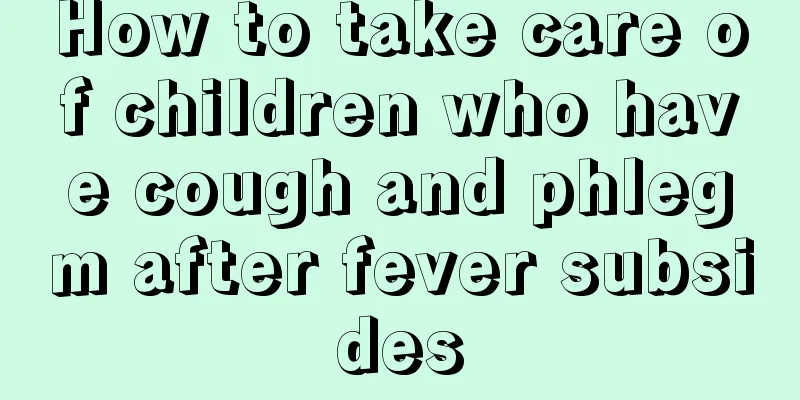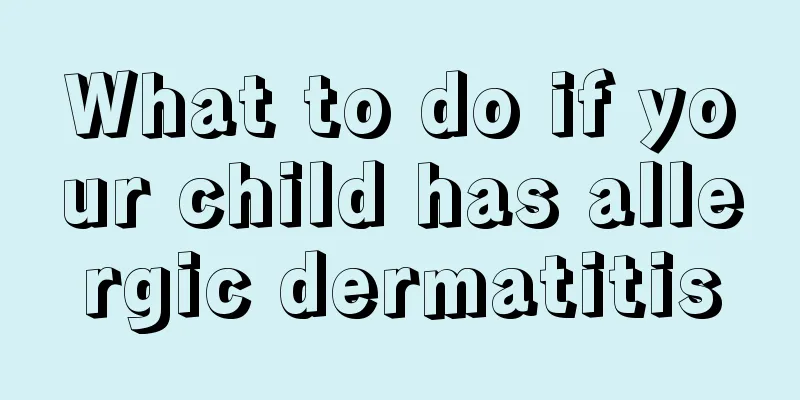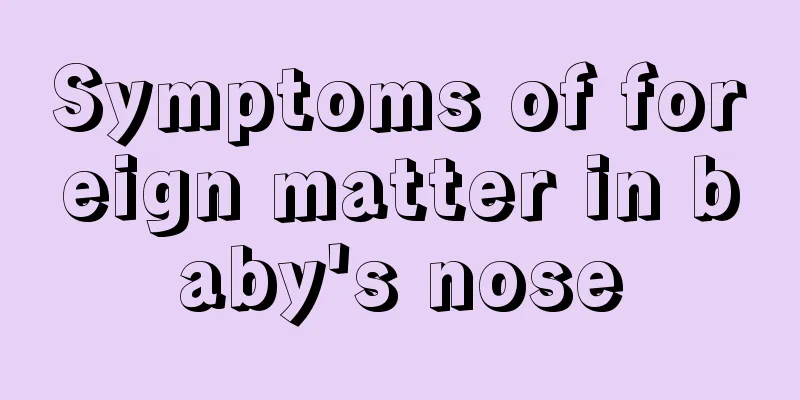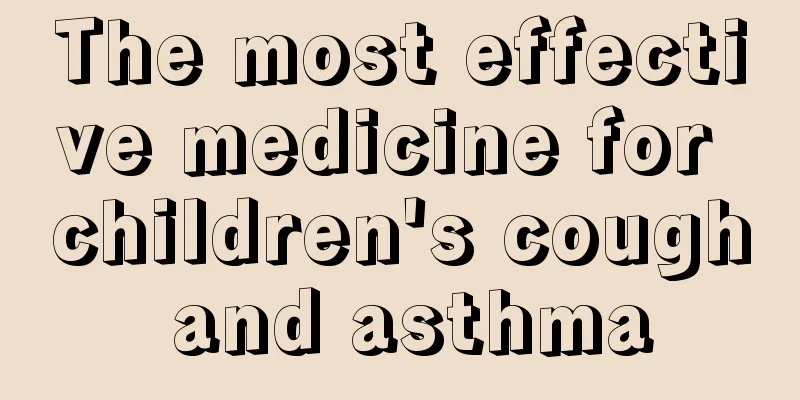How to take care of children who have cough and phlegm after fever subsides

|
Some children, because adults do not pay attention, do not add or take off clothes for them in time when the weather changes. As a result, the children are prone to catching colds and fevers, and then start coughing. After treatment, although the cold has healed and the fever has subsided, the cough problem will not be relieved immediately. At this time, you must pay attention to the care of your child, such as maintaining a reasonable room temperature, adding or removing clothes for your child in a timely manner, and paying attention to the air humidity of the living environment. Here are some issues that you should pay attention to when caring for your child’s cough. Appropriate temperature and humidity are important factors in keeping your baby's respiratory tract clean. When the indoor temperature is too high and the humidity is too low, the baby's respiratory cilia movement function will be greatly reduced, and the ability of the respiratory tract to resist bacteria will be reduced. The baby will be repeatedly attacked by bacteria, the respiratory tract lining will be damaged, and the baby's cough will not heal for a long time. For babies, the most suitable indoor temperature is 18-22 degrees. Viruses and bacteria are often attached to floating dust that is several times larger than themselves. Dry air causes dust to fly, allowing the bacteria carried by the dust to be inhaled into the baby's respiratory tract, causing respiratory infections. Experts and scholars have obtained quantitative data: suitable environmental humidity can effectively inhibit the survival of influenza virus. When the environmental humidity is lower than 35%, the survival time of influenza virus exceeds 24 hours; when the environmental humidity is higher than 50%, the survival time of influenza virus does not exceed 10 hours. Therefore, as long as the environmental humidity is appropriately increased and controlled above 50%, the survival of influenza viruses can be effectively inhibited and virus invasion can be prevented. There are many ways to humidify the air, but the most scientific way is to use an air humidifier. If your child coughs while sleeping at night, in order to relieve the coughing symptoms and let the child sleep peacefully, you can appropriately raise the child's head when sleeping, such as using a higher pillow, so that the cough can be relieved. Please note that lying flat can easily allow air and nasal secretions to irritate the respiratory tract, which will make the coughing worse. |
<<: What should children eat when they have a cough due to internal heat?
>>: What to do if your child has a mild cough and phlegm
Recommend
Black streaks in baby's stool
We all know that babies cannot eat many foods whe...
What are the clinical symptoms of indigestion in babies?
Indigestion is a disease that is very common in a...
What should I do if my baby has a stuffy nose, runny nose, and cough?
Babies are prone to cold and cough symptoms. We a...
How to treat oral herpes in children?
Oral herpes is a relatively common skin disease i...
Treatment of Mycoplasma pneumonia in children
Mycoplasma pneumonia in children is a type of pne...
2-year-old baby's body itches and large lumps appear after scratching
Everyone wants to have good skin, as delicate as ...
Treatment and prevention measures for fever and cold in children
Are there any good treatments and preventive meas...
What should children with iron deficiency anemia eat?
Now with the development of economic life, people...
What is the cause of the small pimple behind the baby's ear?
In daily life, when parents are taking care of th...
What to do if your baby grinds his teeth severely
Many parents know that it takes a lot of effort t...
What should I do if my child has allergic rhinitis?
Allergic rhinitis is a common disease in daily li...
What are the self-treatment methods for children with ADHD?
Attention deficit hyperactivity disorder (ADHD) i...
What are the developmental standards for a four-month-old child?
From the moment a baby is born to the moment he t...
The child suddenly convulsed and foamed at the mouth
1. Age factor: The causes of epilepsy are differe...
What should I do if my child has a fever and convulsions?
For family members, the health of their children ...









